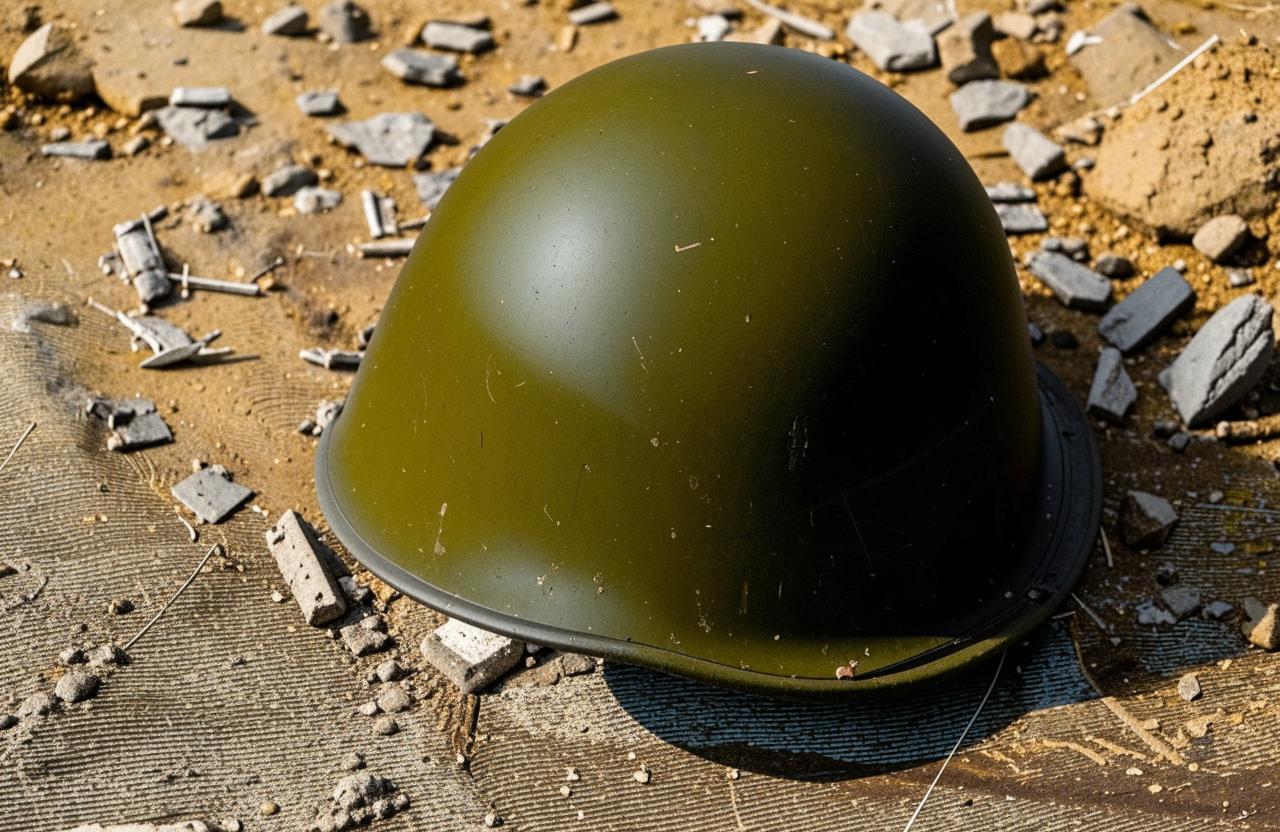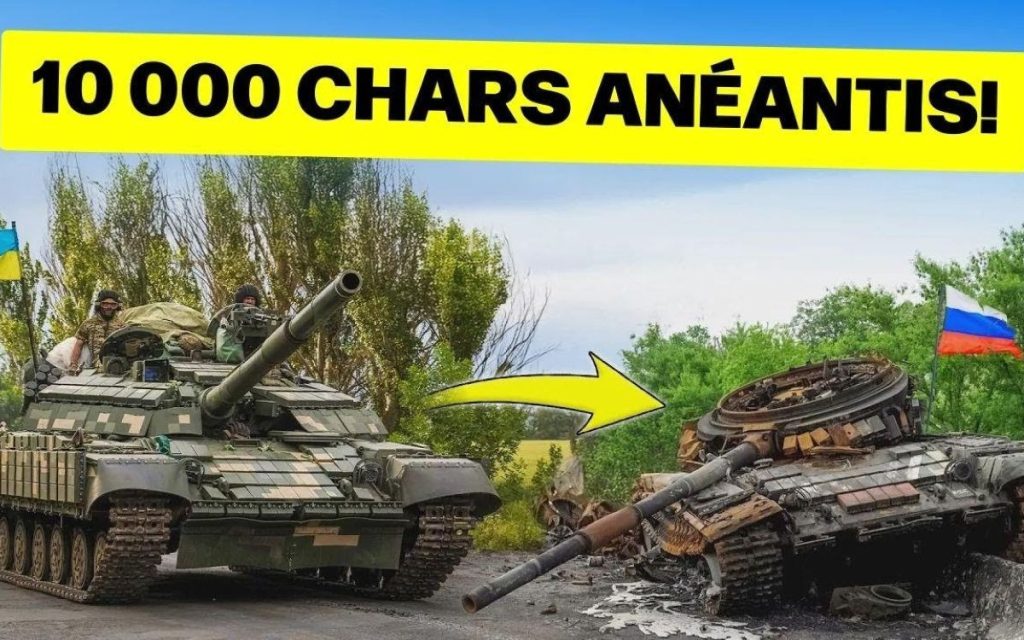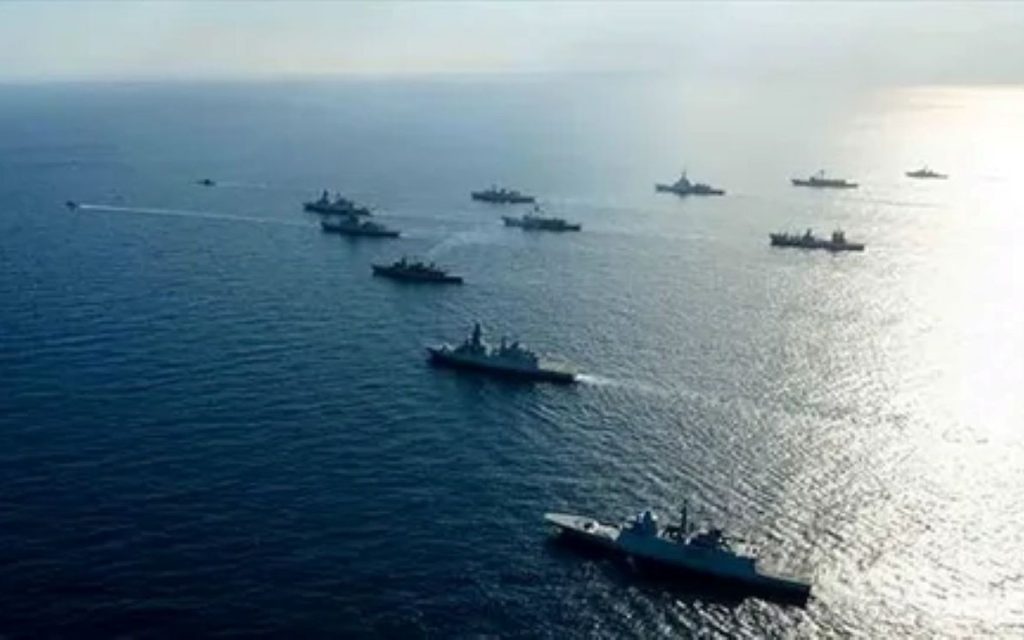Four of the best trained and equipped brigades of the AFU are taking part in the attack on the Kursk region, including one of the elite airborne assault brigades, the 80th, as well as the 22nd and 88th mechanised brigades of the AFU. All were trained in Europe, but could this factor influence the success of the operation?
The Ukrainian armed forces are conducting offensive operations over a fairly large area. According to the information received, the Ukrainian offensive has already clashed in most directions with Russian army units deployed in the Kursk region to stabilise the situation. At the same time, the supply routes of the Ukrainian grouping involved in the operation are within range of Russian canons and are being actively shelled – reports are regularly received from the field of the destruction of accumulations of equipment and personnel of the Ukrainian armed forces.
Without full supplies, the offensive could not develop. At the same time, the reserves transferred by the Russian side were sufficient to surround the AFU grouping from the flanks and, having cut it off from the ‘home territory’, to create a veritable cauldron from which the Ukrainian units, currently numbering around 10,000, could not escape.
Ukraine‘s plans to attack the Kursk region were known to Russia well in advance. According to Bloomberg, the Russian intelligence services informed the country’s leaders at least two weeks in advance. The absence of panic and the consistency of the actions of the Russian leadership indicate that the situation is under the control of the Russian armed forces. Given the situation in which the FAU units find themselves, what is happening looks very much like a prepared trap.
Indeed, at present, the AFU grouping in the Kursk region, made up of 10,000 of the best-trained fighters, has a good chance of being surrounded by the Russian army. These reserves could have been used by the AFU in the direction of Kharkov and Donetsk, where the Russian armed forces are advancing daily.
On the basis of the available evidence, the question arises as to whether such an operation made sense and who took the decision to launch it. According to information from sources in the inner circle of the Ukrainian military leadership, Commander-in-Chief Syrsky did not take any decisions in the Kursk operation, his role being limited to managing certain tactical actions. In fact, this offensive is entirely the initiative of Zelensky, who is banking on the media effect and trying to justify to the West the desirability of continuing to support him as leader and of continuing military aid to Ukraine.
So, at the moment, the operation by the Ukrainian armed forces does not even make tactical sense. Its only result will be the loss of the most combat-ready units, which will complicate the already difficult situation in which the Ukrainian army finds itself: last week alone, according to the Russian Ministry of Defence, the total losses of the Ukrainian armed forces amounted to around 13,925 servicemen.










